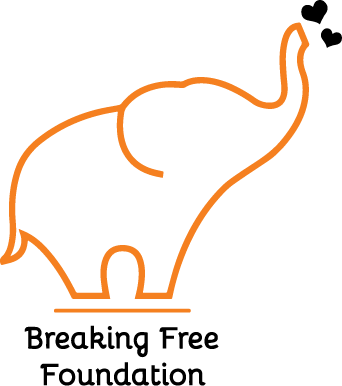Trauma Therapy
In seeking a therapist to work with, there are many amazing professionals in Canada. Even better, many therapists are specialized in specific areas of trauma as well, so you can really find the person who can best help you with your situation and healing.
In Canada, we have a few reference places to check for therapists in our area, as well as check up on credentials and areas of expertise:
Psychology Today (you can search by specialty, ex: trauma)
It’s not a bad idea to try a session with one or two therapists before you settle on the one who makes you feel the most comfortable. When choosing a therapist, ask yourself these questions:
Did you feel comfortable talking to the therapist?
Did you feel as if the therapist understood you?
Were your emotions and concerns taken seriously, or did you feel they were minimized?
Were you treated with compassion and respect by the therapist?
Do you believe you could form a relationship and trust with this therapist?
Your first session with a therapist will be somewhat of an assessment, an opportunity for the therapist to get to know you, and why you’re there. It’s also an opportunity for you to get a feel for the therapist, and take the first step towards a safe relationship with that person.
Here’s what your first therapy session will likely look like:
An understanding of what brought you to therapy: while you will uncover many layers during your therapy, it’s important to clarify a specific reason why you are seeking therapy. Therapists do an amazing job of seeing below the surface to deeper causes, but let them in on what’s on the surface level first.
Your current symptoms and feelings: you will be asked by the therapist (and likely in a questionnaire too) about any symptoms you may be experiencing at the time. Things like: insomnia, flashbacks, loss of appetite, etc. Based on whatever type of trauma has led you to therapy, you will be asked a broad variety of questions regarding symptoms and emotions. Be honest with yourself and the therapist, there’s no shame in the safe space of a therapist’s room, and your progress comes quicker when you’re upfront about these types of things.
Family tree and relationships: relationships and family origin play a big role in how we’re shaped, so your therapist will likely ask you a variety of questions about your family history and important relationships in your life.
Be honest, be open, be ready: since you know now that your first session will largely be an interview (for which there are no wrong answers), try to formulate what your answers will be ahead of time.
Your therapist will probably leave you with something to think about for the next session, but keep in mind that therapy is a process not a quick solution. Be patient with yourself and the process, and you’ll reap the benefits of safe, open conversation.



